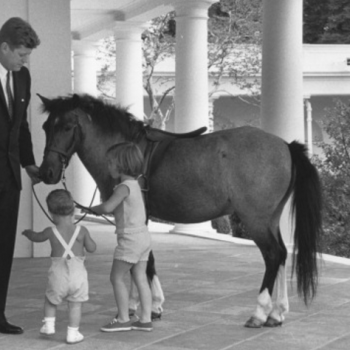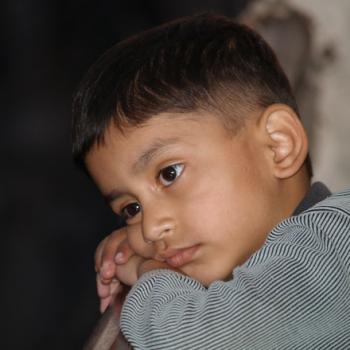The headline for the March, 16, 2015 edition of the Arizona Republic trumpeted these words: Closing the Phoenix Gender Gap. Before offering the subtitle I’m guessing the overwhelming majority of you already know the theme of the article. The subtitle: Council task force aims to use existing laws to address wage inequality for women.
Whenever the words, Gender Gap, are used, it almost universally refers to women and the systems, thinking, laws, mindsets, etc., that keep them from being treated equally with men.
With Hillary Clinton almost sure to run for President, the issues of women will take center stage…many suggesting that this will be an election where women’s issues drive the agenda.
We’ve lived for so long under the Gender Gap storyline that is has become ingrained in us that women, even after fighting for them for over 50 years, still lag behind men in almost every area of life; that the battle is far from over.
As the father of a daughter and the grandfather of a granddaughter and another granddaughter on the way, I’m all for our continued fight to ensure that our daughters always have the same opportunities as men.
But there is a new, insidious gender gap that has been in play since around 1982—a gender gap in which our boys are on the losing end:

Boys have been falling behind girls in virtually every area of education since about 1982. Prior to that, our nation collectively worked hard to make sure that boys and girls received an equal education because, at that time, our girls were falling behind boys. Our hard work paid off. Girls caught up to boys in about 1982 and have sailed past them ever since.
- 70% of all D’s and F’s are given to boys
- Over the last 20 years the reading skills of the average 17-year-old boy have steadily declined
- Boys are 60% more likely to be held back in kindergarten than are girls
- For every 100 girls suspended from elementary and secondary school, 250 boys are suspended
- 85% of all stimulant-addressing medications prescribed in the entire world are prescribed to US boys
- While post-high school degrees are on the rise for women, those same degrees are on the decline for boys
As I suggested in a previous post, we have lived so long under the storyline of girls falling behind that two things happen: 1) We fail to see the huge strides we’ve made for women, creating the sense that they are still victims (see, for example, in that post, a different perspective on the pay gap) 2) We fail to see the gender gap affecting our boys.
What will our country look like 20-50 years from now with under-educated young men entering the job market? What impact will that have on the economic, social, and family structures in our county?
If we want equality, then it must cut both ways. We’ve changed the storyline for our girls (and still have work to do), but we are losing our boys.
Does anyone care?















